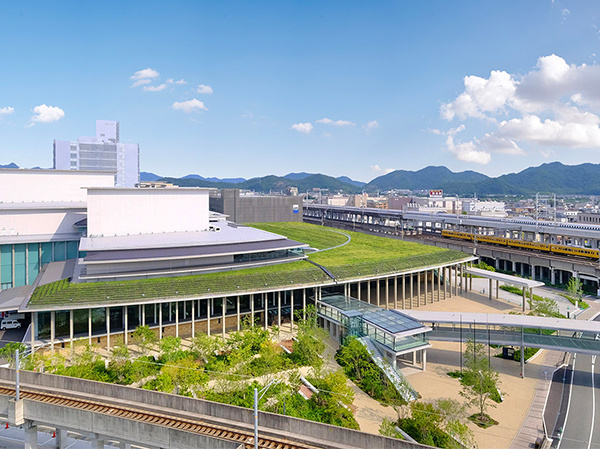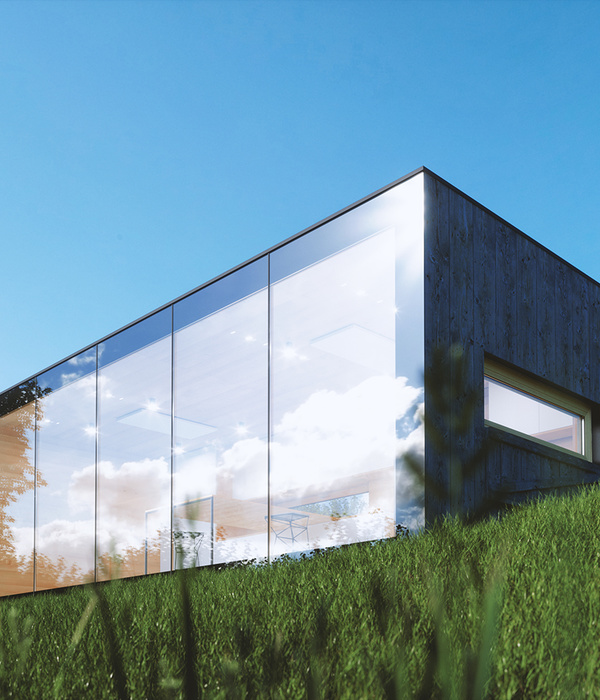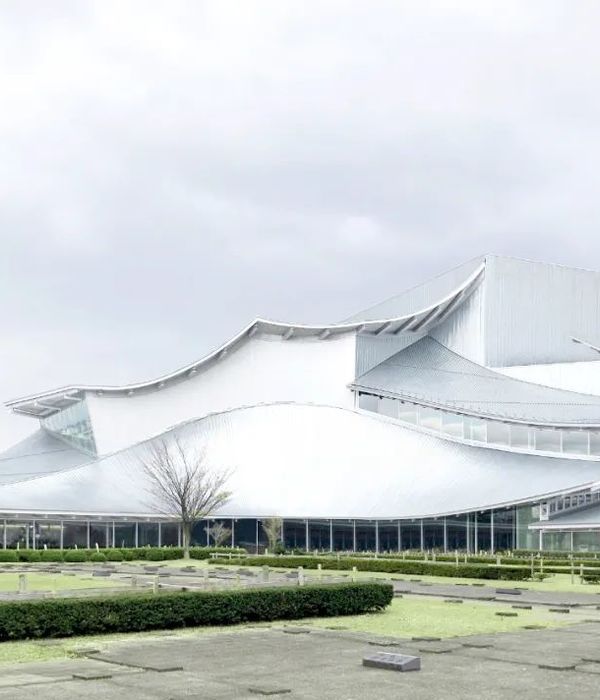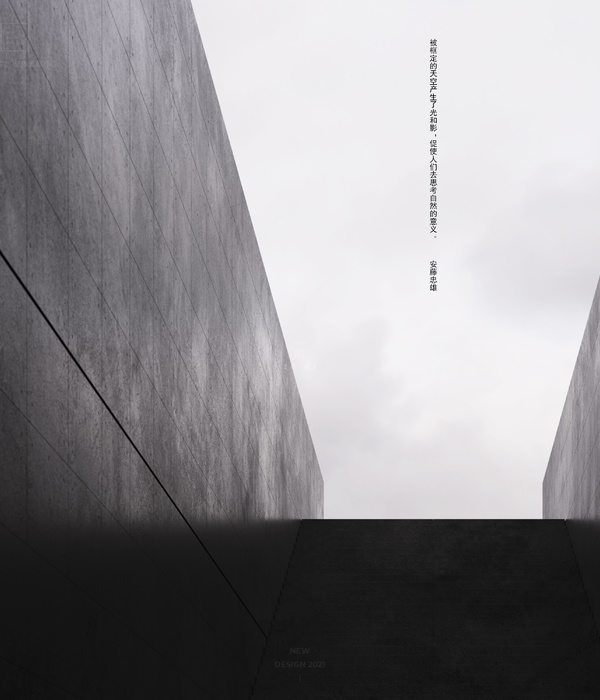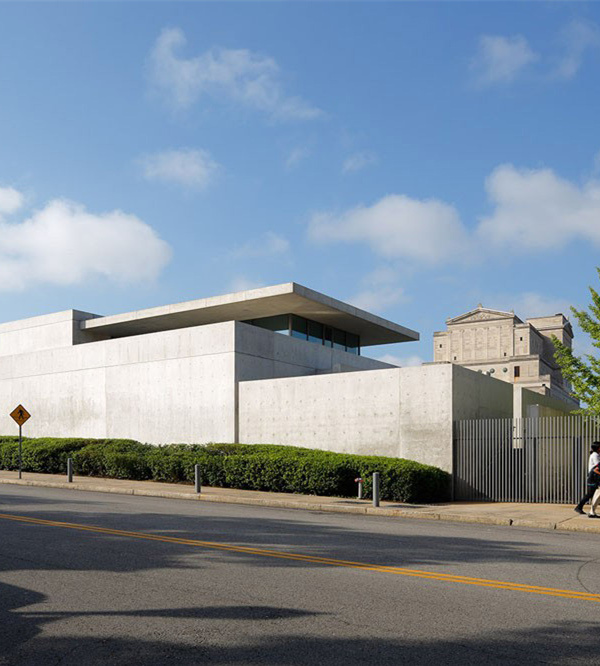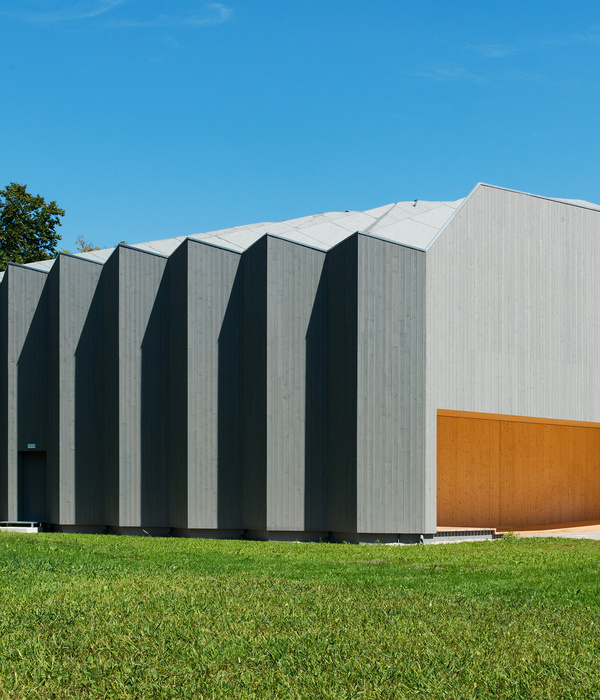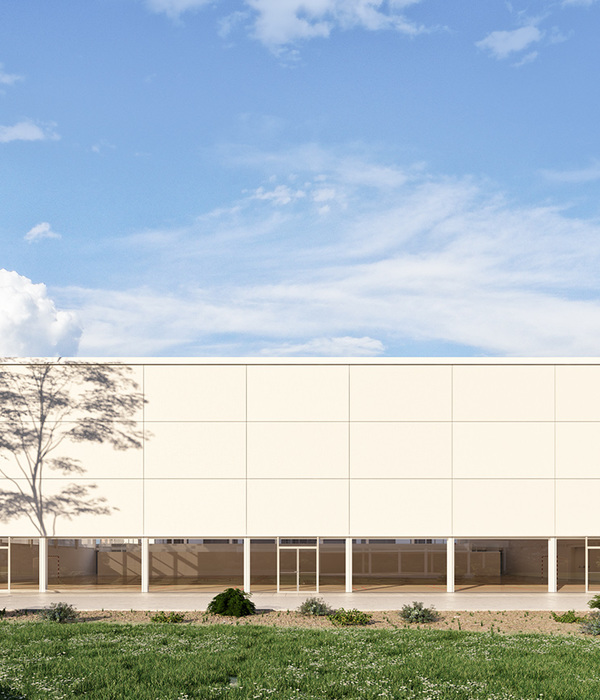农业景观有着超越其生产力的非凡价值。橄榄树,以色列常见之景,根植于以色列的民俗,历史,文化之中。人口激增的当今,这一农业景象开始变得稀有。
当设计师接受橄榄树园的委托项目时,他们希望将这里的气氛最大限度的保持。石材,从现场收集,在现场重建,变身为旧的露台石墙
—-
是娱乐区阳台部分。凉棚,作为圣经时代以来传统农业收获仪式不可或缺的一部分,也出现在项目中,位于山上的高点,视野开阔,便于远眺,也是森林中的一个标示。
Agricultural landscape have value beyond productivity. Olive groves are rooted in the folklore, history and culture of the landscape of Israel. Nowadays, growing population density cause the agricultural landscape to become rare.
When Golany Architects were commissioned to design the re-use of an olive grove for recreation, their main objective was to preserve the atmosphere and typology of the olive grove. The old terrace stone walls were reconstructed from stones that were collected on- site. The sitting areas for recreation, were designed as an integrated part of the terrace walls.
The pergola (Sukah, in Hebrew) is part of the harvest rituals since biblical times, as part of the agricultural traditions. The pergola that was constructed on the hill as part of the project, is open to the far view, and marks an entrance to the forest.
Architect: Golany Architects – Yaron Golany and Galit Golany
Location: Jerusalem Forest, Israel
Photographs: Yaron Golany
{{item.text_origin}}

